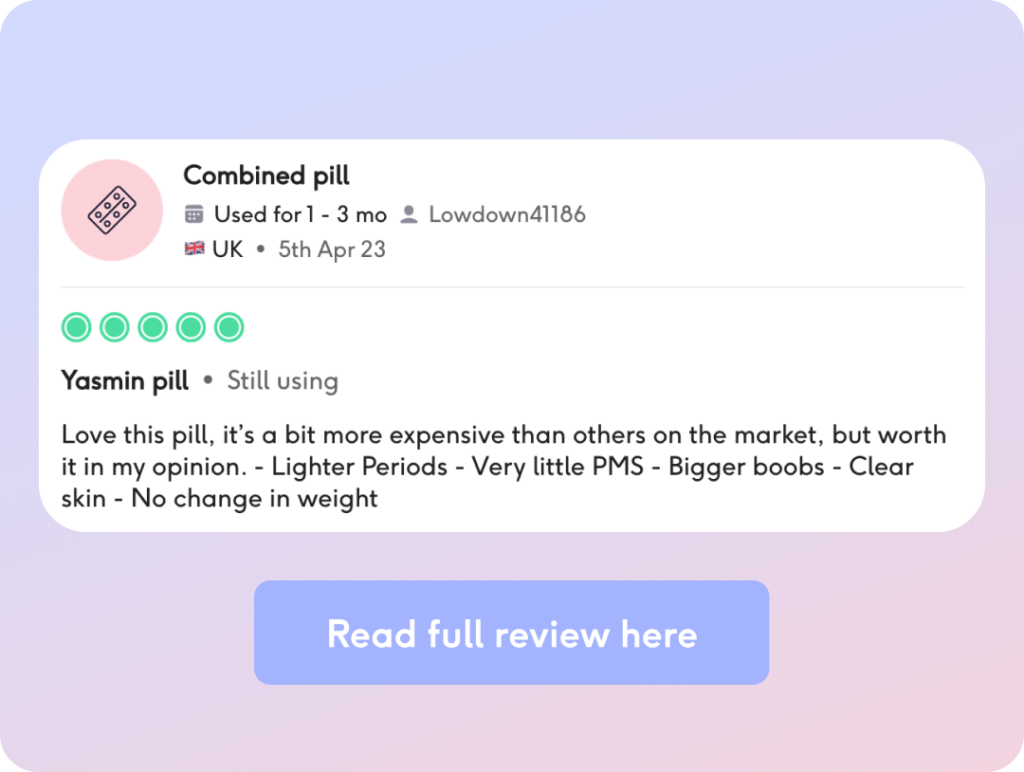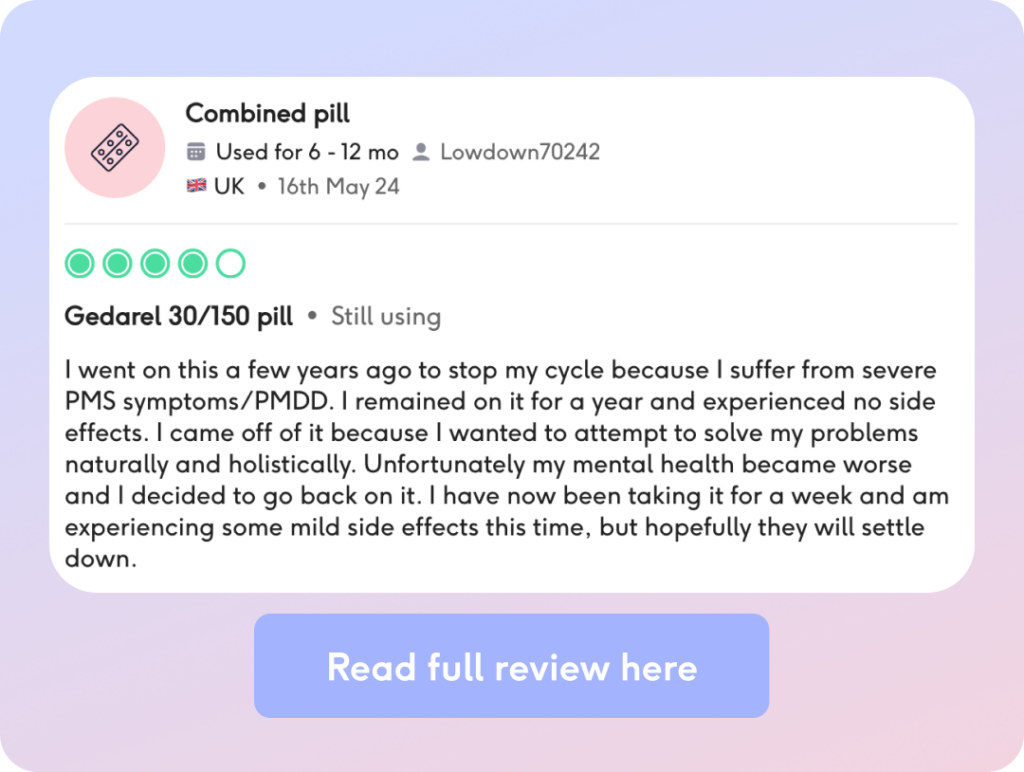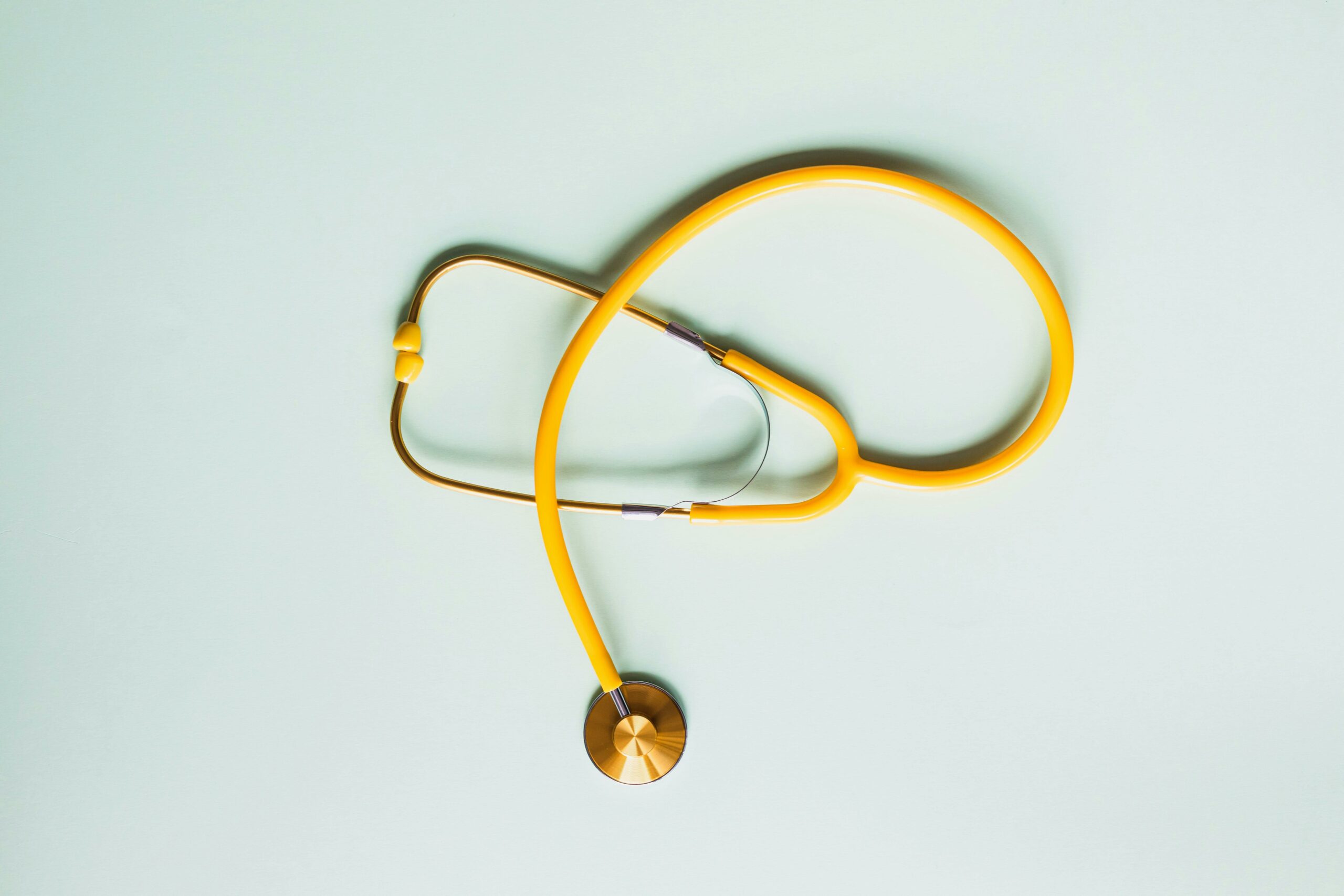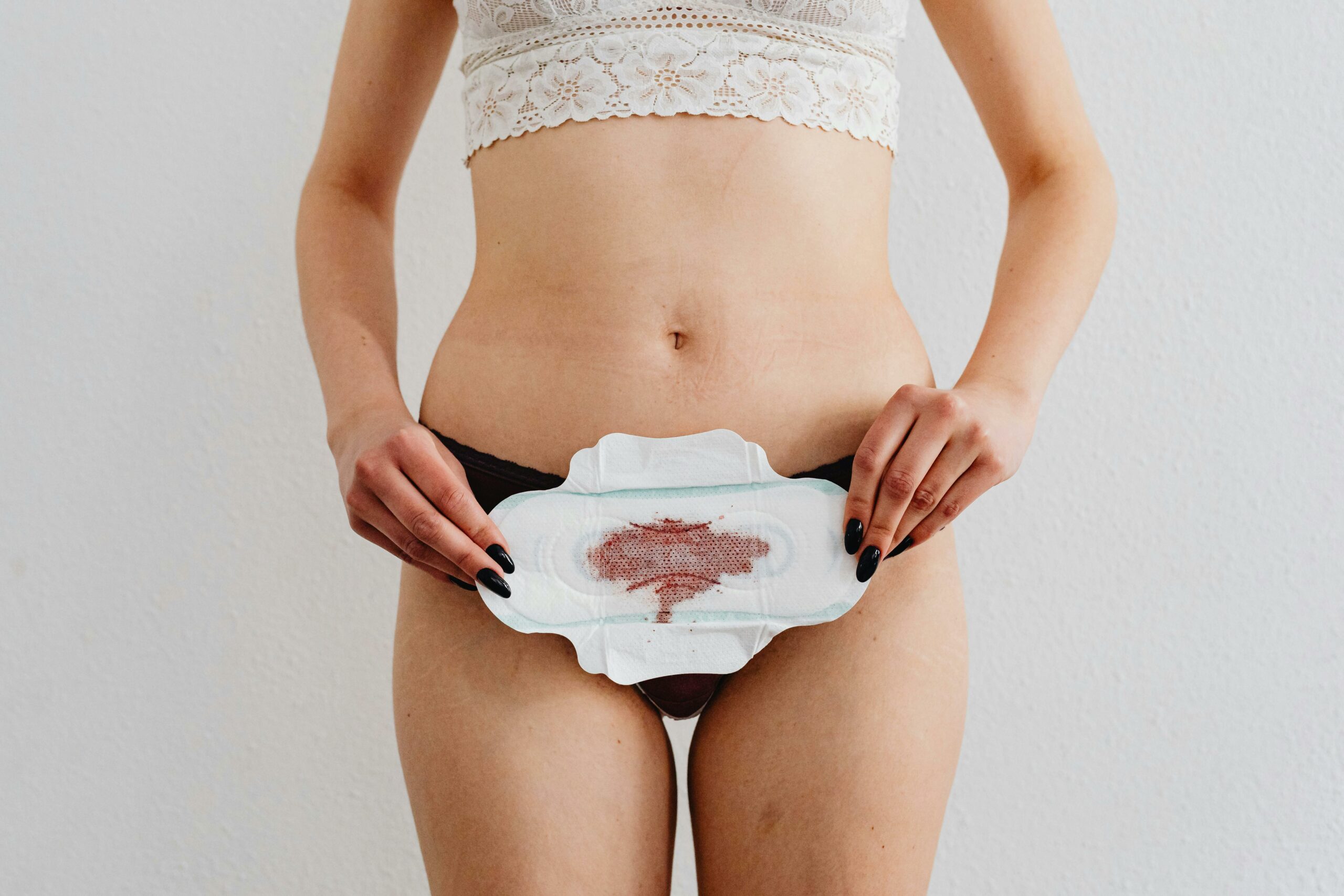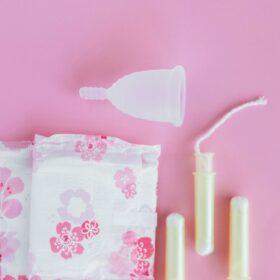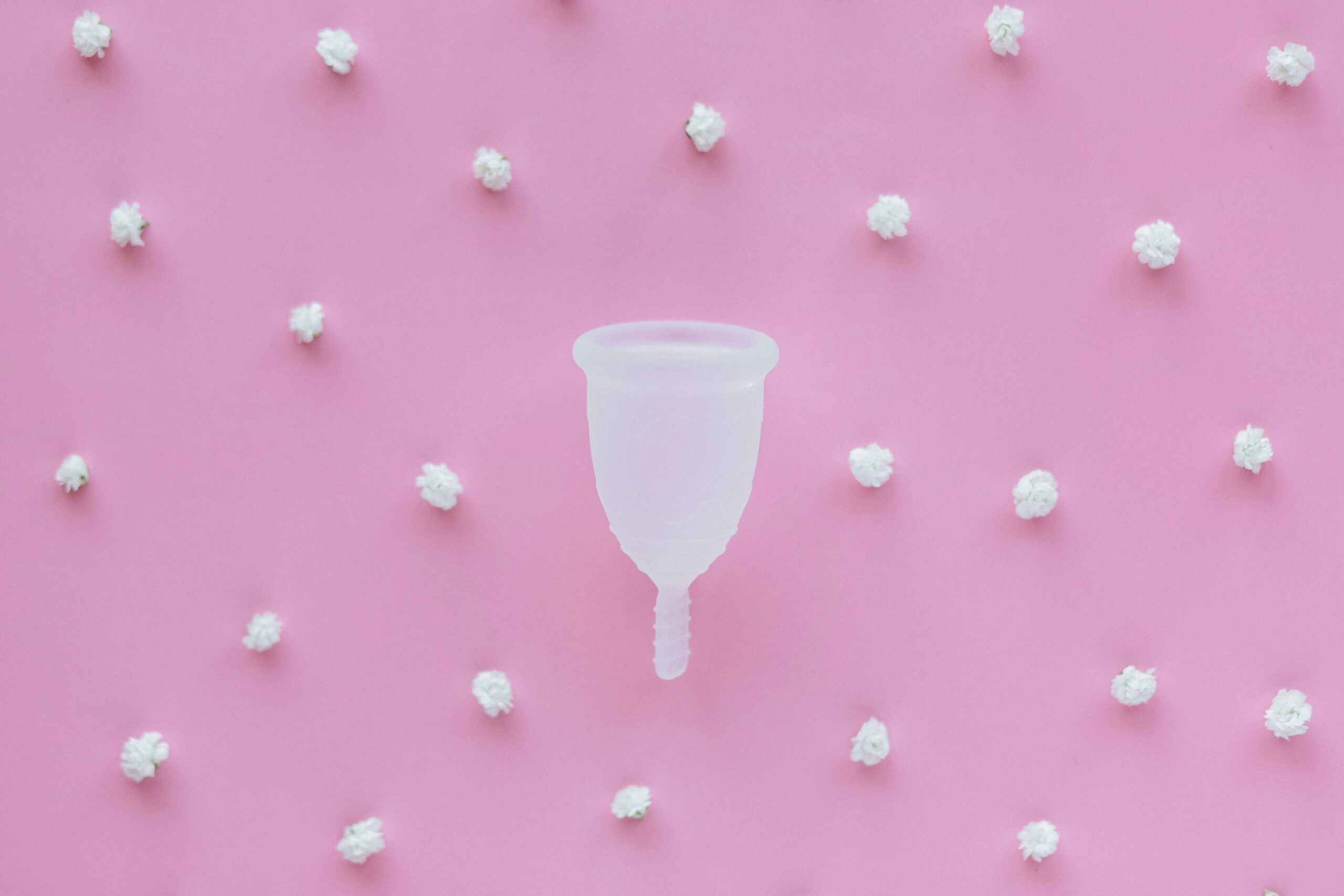
PMS treatment options
In this article
What's the lowdown?
There are various treatments for PMS, including lifestyle, natural and medications
Not all treatments are recommended medically and should only be started with medical advice
The combined oral contraceptive pill is a common treatment that can regulate hormones and reduce PMS severity
What is PMS
PMS is not just a passing excuse to describe your mood before your period, it is an actual condition that afflicts 20-40%1 of us. This pre-menstrual syndrome (PMS) will affect the day-to-day functioning of women during the week or two leading up (luteal phase) to your period. 5-8%2 of us experience PMS so horribly, it is considered severe PMS or PMDD (pre-menstrual dysmorphic disorder).
PMS is not to be confused with pre-menstrual symptoms. 90%3 of us experience these at some point during their reproductive years, but these symptoms are not considered PMS unless they interfere with your quality of life.
PMS symptoms
Symptoms are not just emotional, but also behavioural and physical4.
Psychological symptoms:
- Changes to mood
- Crying easily
- Low mood or anxiety
Physical symptoms:
- Breast tenderness
- Bloating/gassiness
- Headaches
- Muscle aches
- Acne/dry skin
- Feeling low in energy
Behavioural symptoms:
- Concentration difficulties
- Irritability and anger
- Increased appetite and cravings
- Sleep disturbances/insomnia
- Loss of libido
PMS treatment types
There are multiple treatment options for PMS. You do not have to feel pressured into taking medications if you don’t want to. Or if you do, there’s nothing wrong with that too. Let’s look at all the available options in more detail. Treatments for PMS include:
- Lifestyle changes
- Holistic treatment
- Supplements and vitamins
- Hormonal contraception
- Hormonal replacement therapy
- Non hormonal medications
- Surgery
Lifestyle changes
These simple changes can go a long way in reducing the severity of the PMS symptoms. Exercising, healthy eating and good sleep (quality AND quantity) are not just great ways to live life but it is also shown to benefit PMS severity4. Sometimes, incorporating these changes can completely resolve PMS, but, some, might need more of a helping hand.
And don’t forget about your stress levels. The 21st century is full of stress, it’s around every corner making it very hard to run away from. If you are at a particularly stressful point in your life, (or like me, a stressy person in general), think about incorporating some meditation or yoga into your day.
PMS natural and holistic treatment
Complementary therapies like reflexology and acupuncture have shown some benefit is helping PMS symptoms. Natural remedies or supplements may be used to treat PMS and can be bought over the counter, without a prescription. However, for some, there is still not enough data and research to recommend use, so please use them after seeking medical advice and with caution. The following table summarises supplements for PMS and the clinical evidence available to show if they work or not.
| Name5,6 | Benefit |
| Isoflavenes (eg. soy/Red Clover) | Have shown benefits for PMS migraines, however, no clear recommendation has been designed as more data is needed. |
| Fruits of Vitex Agnus (Chaste tree or Agnus Castus) | Only a small number of studies have been done, however, it has shown some benefit in reducing the severity of PMS. |
| St John’s Wort | This alternative therapy has been used for mood disorders such as mild to moderate depression. It has not been studied enough for PMS, however, in some studies St John Wort improved emotional and cognitive PMS symptoms. However, we can’t recommend it’s use without larger studies. |
| Evening Primrose Oil | A source of linoleic acid and regularly used to treat severe PMS. However, studies have shown that this oil only effectively improves breast tenderness, and not other PMS symptoms. It has been recommended to avoid this treatment for severe PMS and only use it to treat PMS related breast pain. |
Vitamins for PMS
Our body’s all need small amounts of various vitamins to function properly and remain healthy7. The vitamins in the table below are often recommended for PMS symptoms.
| Name5,6 | Benefit |
| Vitamin B6 (pyroxidine) | Though there is no clear evidence of the efficacy of this vitamin, it is regularly used to treat PMS. Taking 50mg of Vitamin B6 a day can show a small benefit in PMS. Doses of higher than 100mg are not recommended and were restricted by the Department of Health and The Medicine Control Agency in 1999. |
| Magnesium | Magnesium has been all the buzz in the news recently as it is thought to reduce our stress hormone (cortisol) thus reducing anxiety and improving sleep8. Initial small studies have shown regular use during the luteal phase gives some benefit in managing PMS. |
| Calcium/Vitamin D | Calcium supplementation has been thought to benefit PMS as studies have suggested that PMS sufferers have low Vitamin D levels. However, it is not known if early calcium supplementation can prevent the development of PMS. While there is only a small amount of data to recommend calcium doses, supplementation also reduces the risk of osteoporosis (weak bones). |
Contraception for PMS
Hormonal birth control is a common treatment recommendation to manage PMS, but, it is mainly combined oral hormonal contraception (COCP)9. The COCP is thought to reduce PMS as it delivers a steady dose of oestrogen and progestogen to the body, minimising the fluctuation of hormones that contribute to PMS.
The best contraceptive pills for PMS are thought to be COCPs that contain drospirenone, a type of progestogen9. They are considered the first-choice treatments and include brands such as Yasmin, Eloine and Lucette. For PMS symptoms, you are advised to take the combined pill continuously or “tricycle” packets, which means take 3 packets in a row, followed by a 4-7 day break.
With over 30 COCP contraception brands to choose from in the UK, it can be hard to know which is right for your body. Worry not, The Lowdown is here for you! Our community has shared their personal experiences so you know how others have reacted and our contraception comparison tool is designed to make this decision easier by allowing you to compare brands directly. If you have found a COCP has benefitted or worsened your PMS struggles, why not share? Opening up about your experience might make a huge difference to someone’s PMS journey!
Hormone replacement therapy for PMS
Types of hormone replacement therapy (HRT) can be used as a treatment for PMS. High doses of oestrogen that is used in HRT can be given through the skin to stop your cycle and therefore improve PMS symptoms. If you have a womb, you are advised to take progestogen alongside the oestrogen to protect your womb lining from overgrowing. This can be in the form of progestogen tablets or pessaries taken for 10-12 days of your cycle, or as a hormonal coil. Although beware, the hormonal coil may make PMS symptoms worse before they get better. Natural oestrogen tablets, such as the brand Utrogestan, are recommended as they seem to be less likely to cause PMS symptoms.
Medication for PMS
If you do not fancy hormones, there are other non-hormonal medications to choose from.
1. Antidepressants called selective serotonin reuptake inhibitors (SSRIs) and serotonin-noradrenaline reuptake inhibitors (SNRIs) are not over-the-counter medications and need a doctor’s prescription9. You can either choose to take the medication every day during the luteal phase (2 weeks before your period) of your cycle or every day throughout the month. For severe PMS, SSRIs are one of the first line choices on medical guidelines. If you feel like coming off these medications at any point, do not stop them cold turkey (suddenly) as it can lead to withdrawal symptoms. Your doctor will guide you on how to gradually reduce them9.
2. Danazol is a medication which is effective for breast symptoms of PMS. However, you must be very careful to use contraception and not get pregnant while using Danazol, as it can affect a growing baby (especially if it’s a girl).
3. Gonadotrophin-releasing hormone analogues (GnRHa) are injections which contain a hormone similar to your body’s hormones that can be used to “switch off” the ovaries. This stops them releasing an egg each month and therefore, stops your cycle and your PMS symptoms. These are only prescribed by specialists and can have nasty side effects similar to perimenopause as they cause a “chemical menopause”. If you are on long term treatment for 6 months or more, you should be given “add back” HRT, and have a bone scan to check your bones aren’t not thinning as a side effect.
Surgery for PMS
Surgery for PMS involves the removal of the womb and ovaries, known medically as a hysterectomy and bilateral oophrectomy. Surgical is reserved for women with the most severe PMS or PMDD where medical treatments or hormones haven’t worked or would be on GnRHas for a very long time. After surgery, HRT should be prescribed, especially if you are under the age of 51 as the symptoms of surgical menopause can be severe.
Therapy for PMS
Some women have found CBT, or cognitive behavioural therapy, can manage PMS symptoms as it involves learning new ways to manage PMS symptoms and how it interferes with your day-to-day functioning9.
How do I get help?
No one expects you to find your own treatment for PMS. If you are having a tough time with your PMS and want some relief, chat with a medical professional. Whether this is through natural therapies, vitamin or medication, your doctor should listen and discuss all options with you.
And if you want a safe space to express your feelings, our Lowdown GPs are here for you.
Our medical review process
This article has been medically reviewed for factual and up to date information by a Lowdown doctor.


